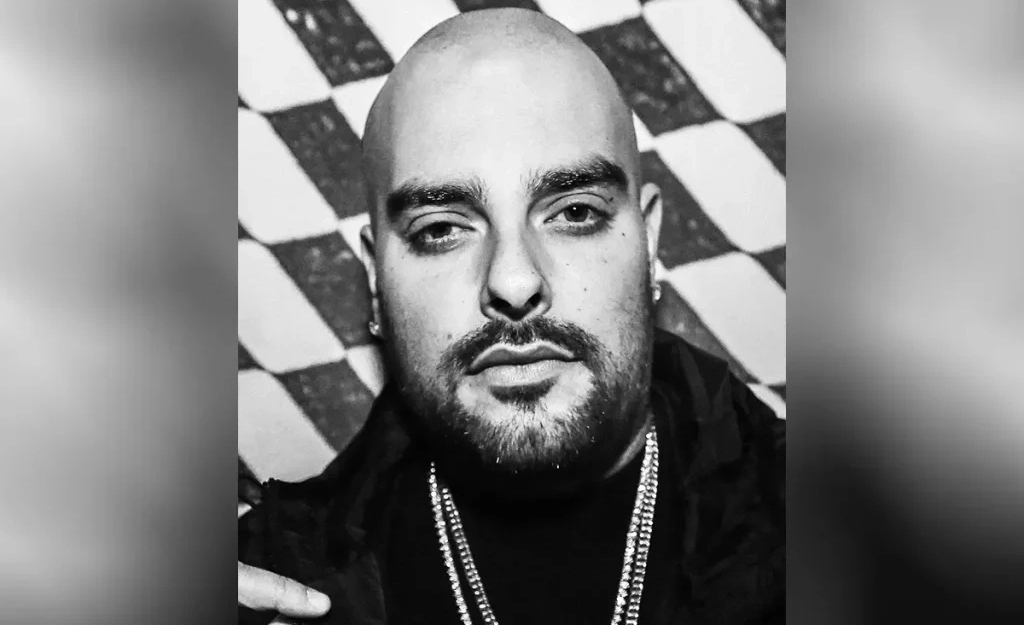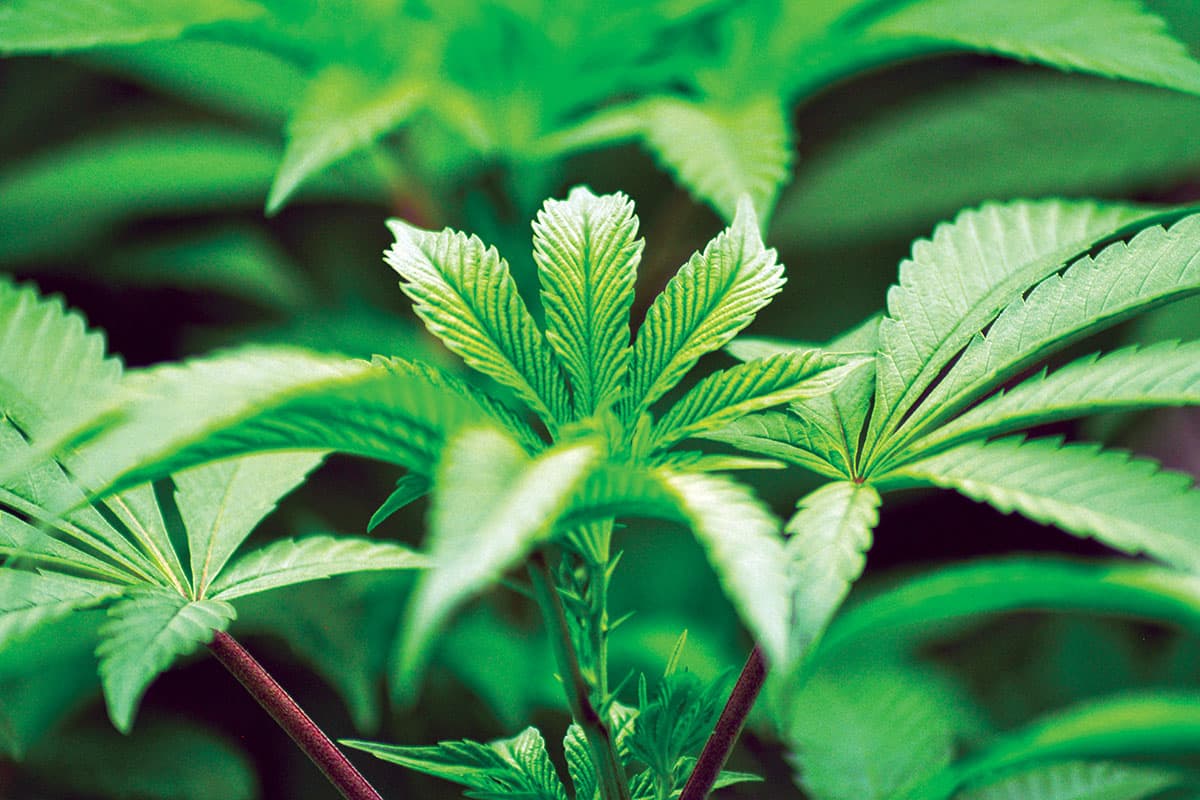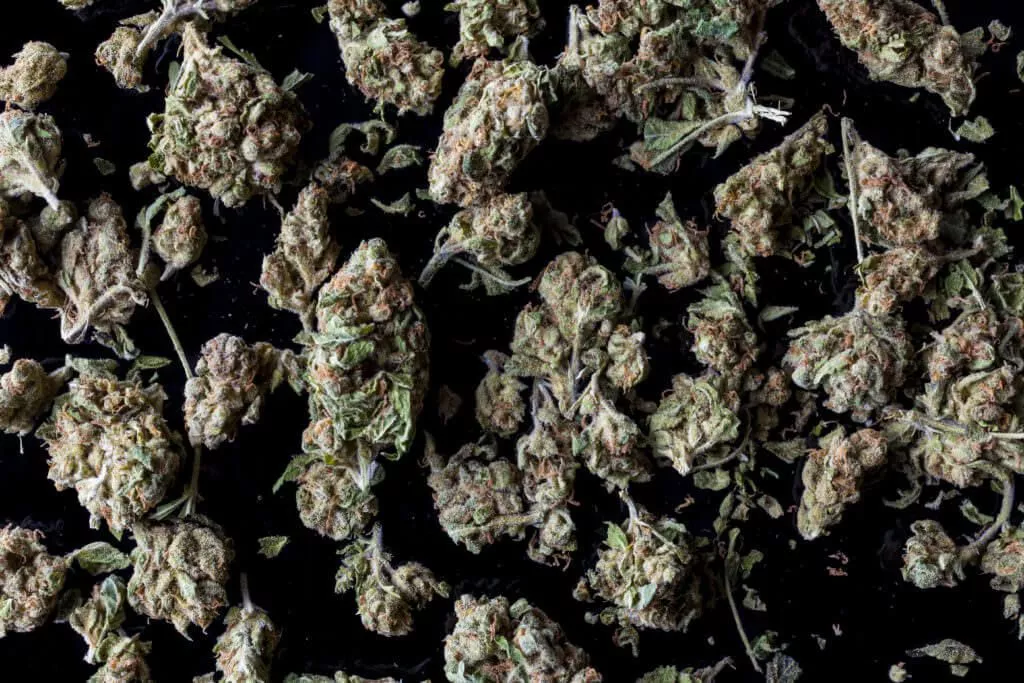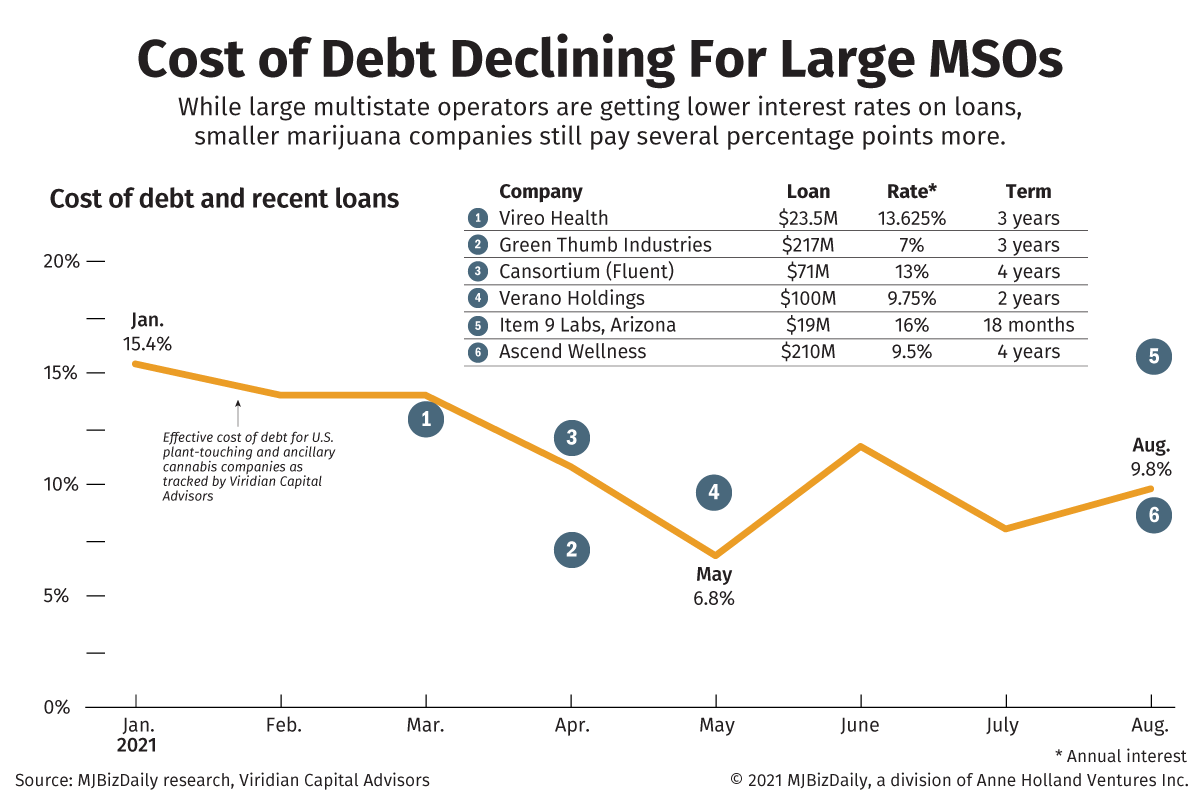National marijuana brands are common across most sectors – think edibles, vape pens, pre-rolls.
But one sector is lacking in that regard: flower.
That’s where Cookies comes in.
The San Francisco Bay Area-based company has steadily built a recognizable flower brand across the country and is now taking it international.
“It was part of my strategy, knowing that there was nothing branded in the industry,” said Berner, co-founder and CEO of Cookies. “I just felt like it was missing.
Cookies owns 38 cannabis retail stores in seven states in the U.S., including four markets through the company’s sativa-focused, Lemonnade-branded retail stores.
The company said it also has stores in Israel, Spain and the Netherlands and recently announced business partnerships in Canada and Portugal.
MJBizDaily spoke with Berner ahead of his appearance on a panel at MJBizCon in Las Vegas. Berner appears Oct. 20, and MJBizCon runs Oct. 19-22.
Let’s talk about the growth of Cookies as a national flower brand. How did your branding strategy come about?
It kind of stems from the Hemp Center Days (where Berner worked as a budtender in San Francisco).
I remember when vendors used to come in with a duffel bag with 30 pounds in it and have no name to it, or they’d have a name and it would just be in the turkey bag.
And it’d be our job to put that weed in a plastic jar and then create a sign for it on the shelf.
And that was one of my favorite processes – getting creative with the sign designs. Trying to draw people in to buy the product, to see if there was like a logo or a vibe that would help sell that weed.
I think it’s important, because it’s on Instagram and people see it. They want to take pictures of it. They want to show it off, and it kind of spreads.
The power of packaging is so strong.
How do you keep that brand reputation and trust going when you’re working with outside partners?
We get to go state to state before we pick a partner, see what they’re growing. Their fire, their passion. Do they have experience? How is their dry room? What’s their SOPs on trimming?
The market’s weird. A cultivator can grow incredible flower and they can be put on the shelf and never be recognized because people want to find brands.
So when you find someone that cultivates great flower and you put a good brand in their hand, you’re empowering the hell out of them as well. And helping them build and expand their business.
Once you’ve selected that partner, and you’re working with this grower in a different state, how do you maintain that quality control?
My QC (quality control) team works hella hard. They’re on planes every day. They fly around the country.
We have someone for each region, but also, my guys in California, including myself, flying out to facilities every day, all across the country.
Just checking on product and making sure that everything is up to par.
It’s really hard to deal with the living plant. Nothing is ever going to be perfect all the time.
But it’s up to us to make sure that everything is on point.
Why would you decide to go with a branded dispensary such as Lemonnade versus just having them all be Cookie dispensaries?
Our thought concept is that we don’t want to put too many Cookies dispensaries out there.
Lemonnade’s a sister brand. It’s more a sativa-brand focus, so we could have multiple stores in the market without watering down Cookies.
We’re offering Cookies flower but also focusing on a whole different unique menu on the Lemonnade brand side.
Do you have plans for any other types of branded retail experiences?
As we go through R&D and look for new phenos (phenotypes) – instead of us being the only ones that get to go through that process and smoking and selecting new strains – we thought it’d be cool to involve the public in that.
That’s the next concept coming.
We’re just having fun and just doing things that are not out there right now and just trying to keep the experience pure and focus on good genetics.
The No. 1 thing that we’re here to do is to provide quality flower to the world. Part of that process is pheno hunting, planting seeds, finding the best phenos.
That’s the best part of my job.
Instead of me being the only guy that gets to curate these menus, with legal R&D facilities and whatnot, as we harvest strains it’d be cool to offer those to the public and have them come in and taste and sample and leave feedback.
We really believe in interaction with our customer base.
So let’s say we drop a brand-new pheno at the main store and people love it. Ultimately, they’re helping us decide what we put in the market.
How do you get budtenders to recommend Cookies when a customer comes in?
I just let the pack talk for itself.
If we find ways to give the budtenders product for them to try out and know when they’re outside of work, I would prefer that over anything. I’d rather a budtender be honest.
They can recommend what they like, but I would never say, “Hey, promote this, and we’ll give you this.” That’s not really what I’m in to.
That’s how I started off as a budtender. I was always giving honest opinions. I never was incentivized when I was budtending back in the day to push a product. I just told people what I enjoyed at the time.
As a rapper, how has your experience in the music industry and working on the entertainment side taught you lessons as a cannabis executive?
I feel like music and the internet played a very big role in Cookies’ success.
A lot of people now try to mimic that same model, they try to give musicians pounds for free and be like, “Hey, rap about me, tag me. It doesn’t quite work the way that we did it.”
It sounds to me like you’re saying that authenticity is important in any brand, whether you’re a rapper or you’re a cannabis business.
You can’t buy it. You can try to do it, but it won’t come across.
Bart Schaneman can be reached at bart.schaneman@mjbizdaily.com.
This interview has been edited for length and clarity.
To hear more from Berner, check out this “Seed to CEO “podcast in which MJBizDaily CEO Chris Walsh speaks with the Cookies co-owner about why genetics are so critical for a cultivator, among other topics.





